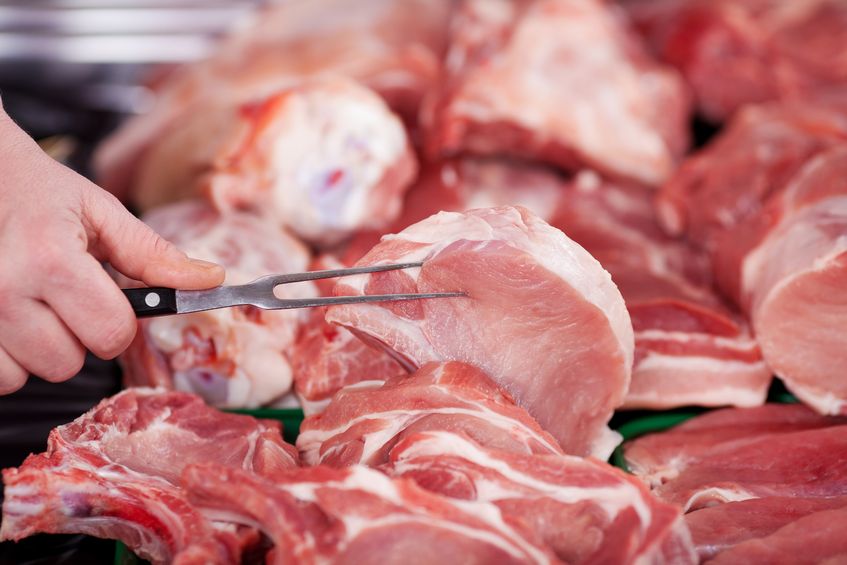
Increased demand from China and the US have helped boost UK pork exports despite total shipments down on last year’s figures due to Covid-19 and the fall out of Brexit.
This rise in demand has helped increase exports of UK pork to non-EU countries – with 122,850 tonnes shipped in the first six months of the year.
According to HMRC, a total of 177,638 tonnes of pork has been exported around the world so far this year, bringing a £304 million boost to the sector.
While total shipments are slightly down on last year’s figures, shipments to countries outside of the EU increased 30% compared to the same period last year – worth £220m.
The lion’s share went to China with 83,000 tonnes shipped between January and June, worth almost £150 million.
Other markets in Asia such as the Philippines provided a boost with exports rising from 2,800 tonnes to more than 14,300 – valued at £22m. South Korea has also grown from a low base to 1,924 tonnes this year.
And increased demand from countries such as the US and Australia have also helped boost pork exports – with shipments to America up 27% to 3,348 tonnes, worth almost £10m and Australia taking 1,613 tonnes of UK pork.
AHDB Head of Asia Pacific, Jonathan Eckley said it was important for the UK pork sector to explore other markets around the world following Brexit.
"During a particularly challenging year for our red meat exports, pork has continued to prove incredibly popular in a number of markets outside of the EU – with demand increasing in markets such as Asia and Oceania.
“While the EU remains an important trading partner for the UK, it is imperative that we continue to identify and open a broad portfolio of markets further afield.
"Our ongoing relations with markets such as Asia is providing a hugely important boost for our red meat sectors here in the UK.”
